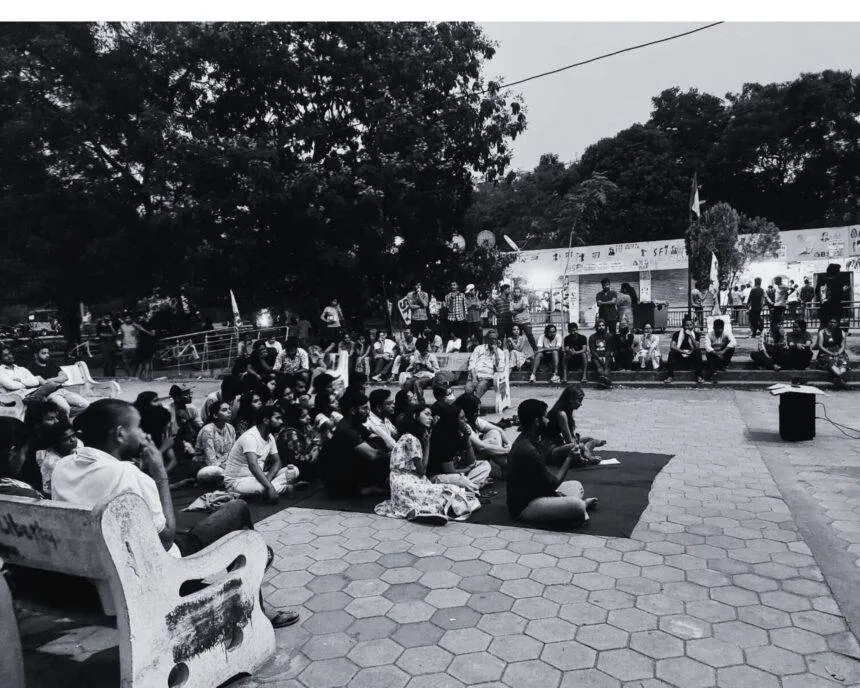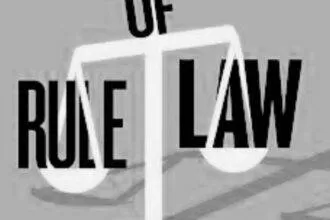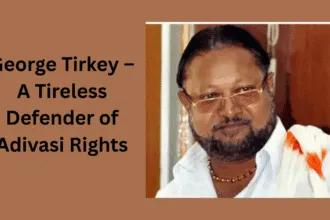Every year 15th March is celebrated as World Consumer Rights Day. World Consumer Rights Day was inspired by President John F Kennedy’s message to the US Congress, sent on the same date five decades ago. He stressed the importance of the rights of consumers. Today most countries have in place the relevant laws protecting consumers. The day is globally recognized and accredited by the United Nations.
In India, the protection of the rights of consumers is administered by the Consumer Protection Act 2019. The Act contains various provisions for protection and promoting the rights of consumers. Several classes of consumers and almost all types of services are covered under this Act. The term protection in the Act itself shows that the consumer is vulnerable and can be subject to harassment by the seller or the provider of services. The Act assumes that the seller has the power to indulge in unfair practices and mislead the consumer. So, the sole objective of the Act is to safeguard the consumer against possible unfair practices by the service provider.
Despite several deliberations on consumer protection for decades, one bone of contention that still continues is the lack of clarity regarding the inclusion of students as consumers under the Act. Is education a service? Is the student a consumer? Can we sue a college or a University for indulging in unfair practices? Several such questions have not been fully resolved yet.
Various courts, including the Supreme Court of India, have sent confusing signals in different cases. Only recently in the year 2020, has the Supreme Court agreed to examine the question as to whether an educational institution or University can be sued under the consumer protection law for deficiency in services. We are still waiting for the court to provide final clarity. Until then, ambiguity will prevail.
Ambiguity in law creates an opportunity for exploitation by the powerful. This is also true in the cutthroat competitive world of education, where academic capitalists rule. The new players in the academic ecosystem think and act like corporate entities, where the profit drives the organisations. In the pursuit of improving the profit, these new academic entities spend crores of rupees on advertisement, infrastructure, and technology to woo students. Such investment, along with profit, is recovered through high fees charged to the students. High course fee isa manifestation of unfair practice against students in general and economically poor students, in particular. But there is no forum for students to question such unfair practices.
In both public and private universities, the students are the victims. In public universities, the indifference of the teachers and the incompetence of the administration dissuade students from using their freedom of expression. In private universities, on the other hand, the proactive management and silent self-indulgent academic fraternity persuade students to sacrifice their right to complain by promising plum corporate jobs. The fear of not getting jobs and the burden of huge loans further Act as deterrents for freedom of expression.
No wonder that the present Chief Justice and his predecessors had strong words to say about public and private universities, which speak volumes about the condition of students. In February 2023, Justice Chandrachud, in a convocation address, said that the lack of empathy in educational institutions, especially in premier ones like the IITs, IIMs, and the national law institutes, had an adverse effect on students. Similarly, Justice Ramana, in 2022, talked about the mushrooming of factories of education which are leading to the devaluation of degrees and human resources.
I feel sad when I walk into the campus of my alma mater: Utkal University. I miss professors: more than 50% of teaching positions lying vacant, and no faculty recruitments for years. I miss the central canteen: where we used to spend hours in reflecting on different topics: from politics to films. I am also told that the top management of the University now a days spends more time in the secretariat rather than with the professors discussing their teaching and research. Can I, as an alumnus, use the Consumer Protection Act and knock on the doors of the court to get answers from the University about the appalling standards of the University? No clarity as of now.
With such a situation prevailing in the universities, there is no justifiable basis for not bringing clarity on the issue of treating the student as a consumer under the Consumer Protection Act-1991. The Act recognizes a person’s right to be heard. In that pursuit, the Act provides for the establishment of dispute resolution agencies at different levels. It may not be a bad idea to create an exclusive body in the form of Student Disputes Redressal Agency to address the concerns of students. Such bodies may help create an environment where students can openly talk about high fees, poor quality of education, inadequate teachers, poor infrastructure, reduction in academic freedom, and increasing control of universities by bureaucrats and politicians.
The speech of our all-time popular Prime Minister Vajpayee delivered in the golden jubilee celebrations of the UGC in 2002 is still relevant today. He reminded all thateducation, especially higher education, is that endeavor which will catapult India into a higher orbit of development. But we should remember that higher education needs students with the freedom to think, question, and operate. So, on this important day, let us rededicate ourselves for creating an environment of democratic learning and enable students to operate as empowered consumers.
D V Ramana
XIMB
Comments
0 comments







